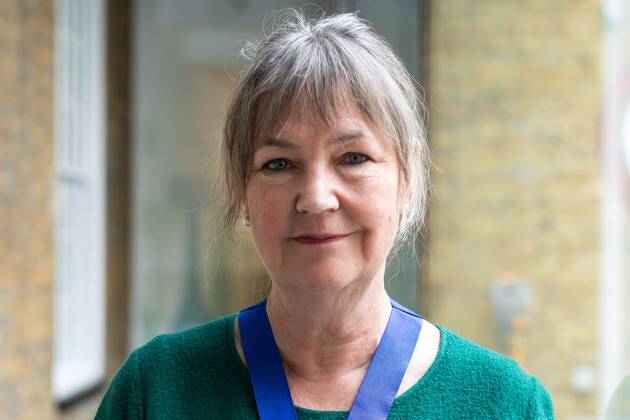The good news is the number of men in nursing is rising. The bad news is not by much – up from 10% of registered nurses in 2014 to 11% in 2016.
So what, you might ask? Men’s dominant role in other industries suggests that professions where women form the majority offer some balance. In nursing, however, that argument is perhaps less persuasive.
At Congress in May, one agenda item will call on the RCN to attract more men into nursing. The thinking is that the workforce should match the profile of the population.
Stereotypes, low pay and perceptions of care-giving as “women’s work” are among the suggested reasons why men have steered clear. They weren’t allowed to join the professional register until the 1950s and their numbers have grown only slowly since.
Shifting the focus
Some universities are stepping up efforts to broaden nursing’s appeal. Edinburgh Napier University, for example, has run recruitment events with a focus on encouraging men to apply.
And Queen’s University Belfast works with schools in an attempt to make nursing more appealing to boys. Professor Donna Fitzsimons, Head of the School of Nursing and Midwifery, says the university has also introduced the “multiple mini interview” (MMI) format, which uses several assessments and case-based scenarios to assess candidates’ suitability.
“I think we all recognise that good communication, caring and empathy are equally distributed but sometimes women can feel more comfortable exhibiting those skills than men,” she says. The MMI approach is designed to better assess such interpersonal qualities.
Coventry University has tried a different approach. Last year, the university announced funding of £30,000 to support 10 male students in subjects where they were under-represented, including nursing.
This bursary gives the men £1,000 in each year of their course and, says Rob James, Academic Dean of the university’s faculty of health and life sciences, is one of several schemes to address diversity in academic programmes – attracting more women into engineering, for example.
Part of it is the principle of gender imbalance
Of the £1,000 bursary, he says: “Part of it is the principle of gender imbalance but on top of that there’s evidence that some patients prefer to be treated by a man and some by a woman. So it’s also about increasing patient choice.”
RCN member Sean Moore, in the first year of his nursing degree, is among the bursary recipients. Sean’s interest in nursing began with hospital work experience at school. Now he has worked for several years as a health care assistant and continues to do bank work as an HCA to support himself.
He says the bursary cash makes a real difference. “It’s not going to buy the world but it allows me to concentrate on my placements and exams because I don’t have to do as many shifts as an HCA.”
The view from here
Shaun Martin, first-year nursing student

"During my placement in a nursing home one resident asked why I left the army to be a nurse. I thought this was strange but I just explained I had never been in the army.
"On medication rounds I was paired with a female nurse. When some residents were asked by both of us to take their medication they could be quite rude to the nurse but not to me.
"It seemed some residents were treating me differently because they saw me as someone I’m not. Twice when I entered residents’ rooms, I was referred to as 'Doctor'.
"The world has progressed in phasing out traditional roles, but some of our older generation has not moved on and I’ve learned to be much more aware of the generation gap. Nothing has changed how I feel, though. If anything, I’m even more determined to become a nurse."
Get involved in the debate
Book your free place at RCN Congress and look out for details of the students programme tailored specially for student members.








